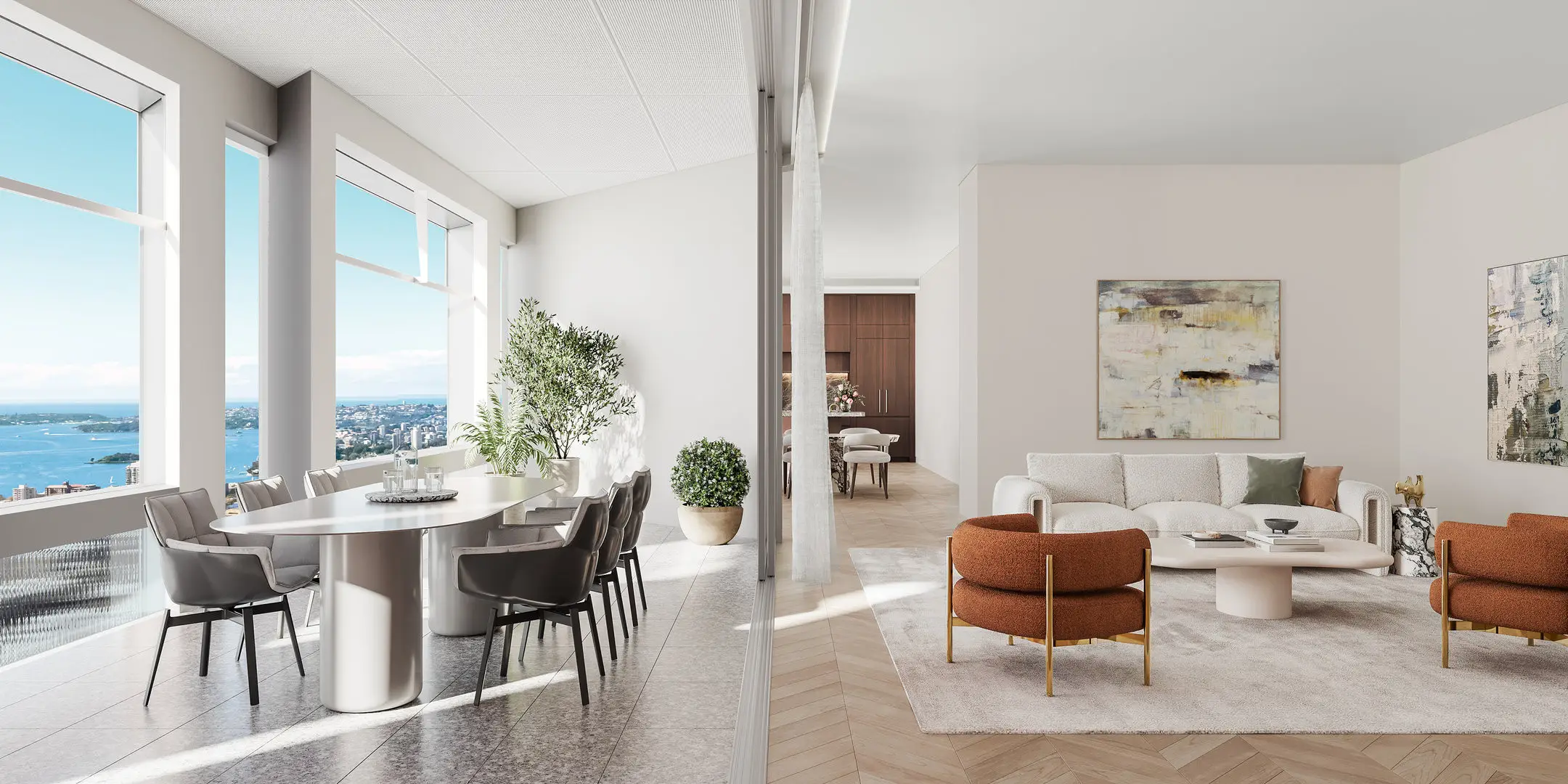
Apartment living is becoming the new rage, with many complexes making the building more appealing to live in by jam packing the general facilities with new features such as wine cellars, saunas, meeting rooms, catering kitchens and even cinemas.
From a lifestyle point of view, complexes such as this are ideal, but from a stylistic perspective, how does one set apart their apartment from the rest, giving it its character and charm which will sell it faster and fetch a higher price?
Unlike a house, which offers potential for improving the size; adding value to an apartment means making it unique. By unique, I don’t mean having a different colour scheme.
Apartment owners should consider features like built in refrigerators or a wine fridge.
Cosmetic treatments such as upgrading the carpet to a premium quality carpet can improve the appeal of the whole apartment, but also the invisible characteristics should be considered, which are often neglected. The acoustic performance of the apartment could be improved– it might be worthwhile laying an acoustic underlay – ‘quiet’ is a valuable commodity in close proximity living; even a solid door with an acoustic seal between the bathroom and the living zones will add comfort. Then there’s the thermal performance – could it be improved with ceiling fans perhaps? Or flyscreens if applicable?
Some silk curtains to give more than just block out – we’re all too used to seeing Holland blinds – but if these are functional or the body corporate restricts alternative window coverings, then there are options like automating the blinds.
Other easy trimmings to consider include door handles and taps – people will notice a Gessi tap, even if it’s identical to the no-brand gooseneck next door.
If you’re making an upgrade to the kitchen, consider elements that just set it apart – such as a ceramic sink for example, or a filtered water tap.
Warning – people considering renovating their apartment should check with their body corporate to ensure they are aware of all the rules and conditions of building in an apartment. Often, a body corporate will restrict any work to the structure of a building.
Hard-wood flooring, for example may be restricted, since acoustically, they could disrupt the comfortable living of neighbours. Also, concrete slabs in apartments aren’t generally built to cater to hardwood flooring– there would be many lumps and bumps in the concrete that would need to be leveled out. This can sometimes be costly.
Having a tiled shower base could pose similar problems – without cutting unto the slab, the whole bathroom floor would need to be raised. There are some intelligent ways to make this seamless, but consideration should be giving to the other effects throughout the apartment.
Finally, look at what you’re keeping and make sure it blends with what you’re adding. It is apparent when only a part of the job is done or the apartment has just ‘some’ character.


